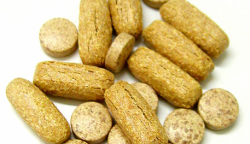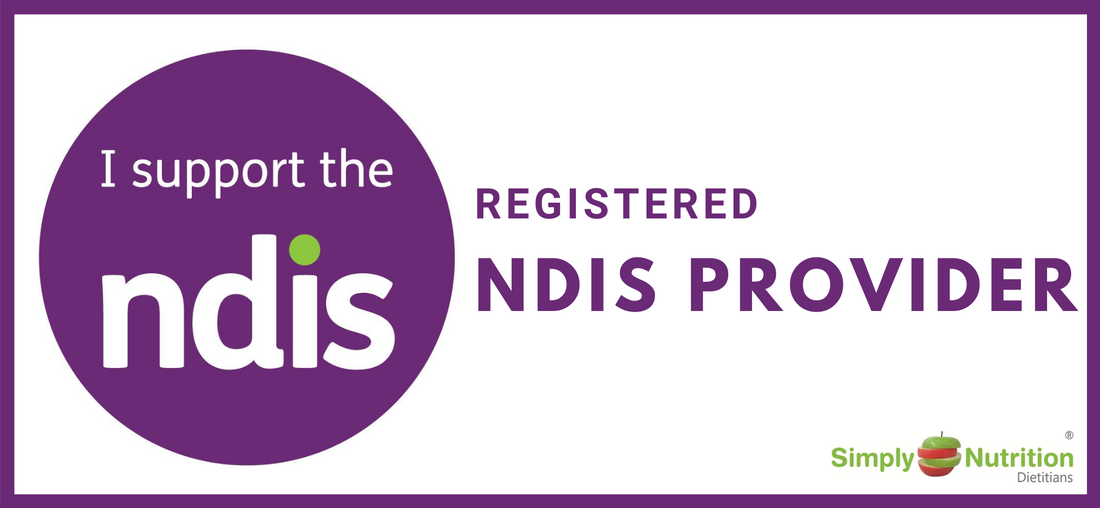|
Many people take vitamin and mineral supplements everyday – in fact Australians spend $500 million on dietary supplements annually – most of which is on vitamin supplements. But just because they are popular does that necessarily mean they are useful? And should we all be topping up our diets a little with a pill here and there for optimal health?
What do they actually do? Our body needs over 50 different nutrients for good health. Vitamins are essential for many of the chemical reactions that occur in our bodies, and minerals (which include iron, calcium and zinc) affect our health through their roles in cell growth and repair, and nerve and muscle function. Some people are under the false impression that taking vitamin supplements will make up for an unhealthy lifestyle by reversing tiredness or stress, or that they can prevent or cure certain illnesses. For example, some think that Vitamin C prevents or cures the common cold, however research has shown that this is not the case. Further, popping a vitamin pill will not give you an energy boost if you are feeling tired or run down – we get energy from calories which are found in carbohydrates, fat and protein – vitamins cannot supply us with energy, and no vitamin can make up for a lack of sleep or low levels of physical activity. Vitamins are needed for our bodies to work effectively, however contrary to popular belief, we CAN get enough vitamins through food alone. Eating a wide variety of healthy foods each day will ensure an adequate intake of vitamins and minerals for most people. There are some exceptions, as some population groups (which may include pregnant women, adolescents and vegetarians) have higher requirements for certain vitamins and minerals. Are the vitamins in supplements more effective than those we get from our food? The short answer – no. Research indicates that vitamins in pills just don’t seem to do as good a job as those we get from our food. The reasons for this are not exactly clear. One thing we do know is that certain components of food do not have the same effect in the body when they are taken on their own (in a supplement) compared to when they are taken as food (which is a combination of vitamins, minerals, phytochemicals, antioxidants and fibre working together). While supplements can provide us with vitamins, minerals and antioxidants in isolation; we need food to give us fibre and our essential macronutrients – carbohydrate, protein and fat. For most people, it is best to get the vitamins our bodies need from eating a healthy, well-balanced diet rather than by taking supplements. While taking a vitamin and mineral supplement to ‘top up’ in case your diet is less than perfect may not do any damage, supplements should not be used as a substitute for a healthy balanced diet; nor can they reverse the effects of eating unhealthy foods. But there is no harm in taking them, right? Actually there may be. Fat soluble vitamins (Vitamin A, D, E and K) are stored in the liver and other cells of the body, which means they can build up to dangerous levels. For example, Vitamin A toxicity can lead to liver damage and Vitamin D toxicity can lead to calcification of soft tissues. While the water soluble vitamins (such as B Vitamins and Vitamin C) are not stored in the body (making toxicity unlikely), you can certainly overdose on these seemingly harmless substances. For example, Vitamin B6 toxicity can lead to nerve damage and high doses of Vitamin C can result in diarrhoea. An excessive intake of mineral supplements can also lead to undesirable health consequences. Excessive doses of iron can lead to gastrointestinal issues and at very high levels can even lead to coma and death. Large amounts of calcium or zinc can inhibit the absorption of other important nutrients. As such, very large doses of certain vitamins and minerals can be harmful, so it is always best to seek medical advice before taking any high-dose supplement. If supplements are used, your intake should not exceed the recommended dietary intake (RDI) (see the following link for further information about the RDI’s: http://daa.asn.au/for-the-public/smart-eating-for-you/nutrition-a-z/nutrient-reference-values-nrvs/). So, do we need supplements in our diets? For certain population groups (such as people with a vitamin/mineral deficiency) or people following a certain diet (such as a vegetarian diet), vitamin and mineral supplements may be necessary to ensure an adequate intake of all micro-nutrients; however, for the general population, the best way to ensure you are meeting your nutritional requirements is a well-balanced diet consisting of plenty of vegetables and wholegrains, fruit, low fat dairy and lean meat or meat alternatives. © Simply Nutrition Dietitians
0 Comments
|
Categories
All
Archives
October 2017
|
Ph: 1300 380 694 |
Fx: 07 3547 8449 |
Copyright © 2010-2024 - Simply Health Group t/a Simply Nutrition Dietitians & Simply Engage Occupational Therapy
Sunshine Coast | Caboolture | Brisbane | Gympie | Ipswich | Australia
Sunshine Coast | Caboolture | Brisbane | Gympie | Ipswich | Australia



 RSS Feed
RSS Feed
